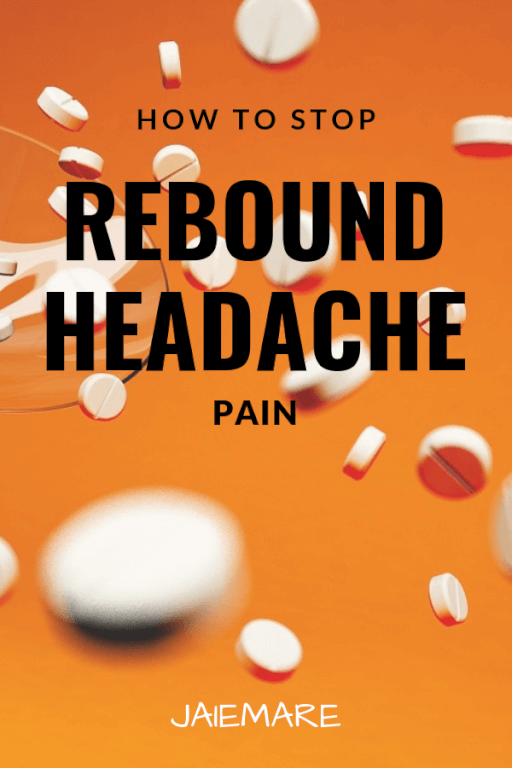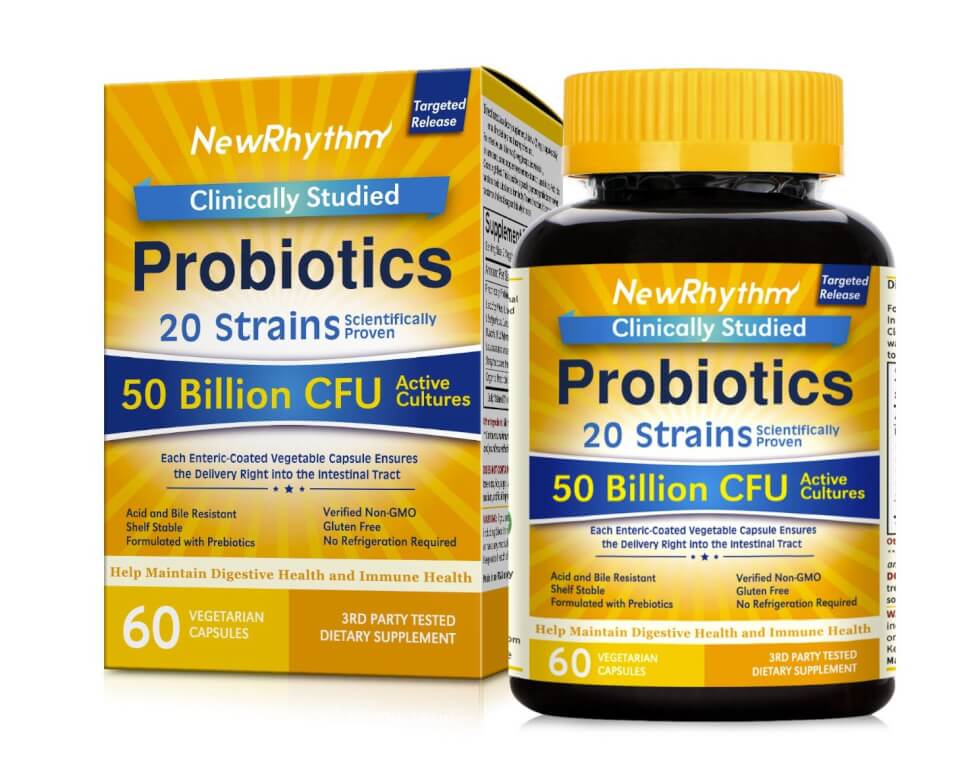HOW TO STOP REBOUND HEADACHE PAIN

Whether you experience a migraine or a headache once or twice a month or daily, the pain is not fun.
Symptoms like sensitivity to light, vomiting, nausea, and throbbing pain on either side of your head can interfere with completing work or school projects, losing time with friends and family.
Severe Headache Pain
Triggers can be so severe requiring bed rest. I remember waking up with an intensely painful headache.

I couldn’t drive to work because it was too painful to open my eyes fully. I was so nauseous that I couldn’t eat.
Over the counter (OTC) medication like Excedrin was my go-to pain remedy for instant relief.
I would then chase it with a medium iced mocha with four packets of raw sugar from Caribou. It seemed to work for a couple of years.
While this remedy provided quick relief, one side effect I noticed at work was when it came to completing routine and complex tasks for a couple of hours, I had difficulty concentrating until the side effects wore off.
Trading Temporary Relief For a Quick Fix
I traded temporary relief for being tired and zoned out. Eventually, the Excedrin stopped working and ended up taking some generic Sudafed concoction.

One day, I had a migraine so bad that I ended up going to the hospital for 4 hours and was given Benadryl, Reglan, and Toradol cocktail intravenously. After that episode, I was popping pills more frequently.
When going to stronger medication, instead of getting better, the pain level of my headaches worsened.
Any OTC medication I tried taking was ineffective. The coffee trick not only didn’t work, but my gut had enough and wasn’t willing to play the pill game anymore. A daily routine of irritable bowel syndrome began.
Migraine/Headache Causes
Stress, hormones, bright lights, staring at a computer screen, neck or shoulder tension, alcohol, dehydration, irregular sleep patterns, and diet can trigger migraines.
If you are a sufferer from migraines and sinus headaches, it can be difficult to distinguish between the two because the symptoms are similar to one another.
The first step to treating and preventing migraines is to figure out what is causing the triggers.
The stages of a migraine can start with changes in mood, appetite, or appetite followed by difficulty in focusing and photophobia (light sensitivity and sound), and later throbbing pain on one side or both sides of the head that can last for an hour or more.
Maintaining a journal and tracking the frequency, location, and time of day can identify if the triggers are environmental, food, or work-related.
I later learned that using OTC and prescribed medication for chronic migraines and sinus headaches was more suitable for occasional headaches. One way of knowing if you have acute or chronic pain is how often you take OTC.
Using NSAIDs (non-steroidal anti-inflammatory drugs) for 15 days or more days per month can lead to chronic migraines.
Medication-Overuse Headaches
According to the American Migraine Foundation, a medication-overuse headache (MOH) is a secondary disorder caused by excessive use of acute medications. The frequency varies by person, but most of the time MOH occurs daily or nearly daily, and is usually present upon awakening.
If you find yourself taking more than what is the directions indicate on the back of the bottle or are mixing with a stronger OTC medication for chronic headaches, you could be experiencing MOH.
Gut Health and Inflammation
In the long-term, medications can cause and gastrointestinal issues like irritable bowel syndrome, stomach pain, diarrhea, and chronic constipation.
One way you can repair your gut is to start taking a potent probiotic along with ginger and turmeric to reduce inflammation.
My doctor recommended taking a strong probiotic. New Rhythm contains 20 strains, is time-released, doesn’t require refrigeration and doesn’t get destroyed by stomach acid.
One of the reviews on Amazon mentioned being able to add the probiotic to raw milk and make yogurt and simple vegan cashew yogurt.
The price ($16) is better than what I have seen in popular grocery stores and contains more strains than the competition at $60 a month.
I recommend starting with one pill a day for the first week and increase to two pills to avoid diarrhea. I started to notice a difference within a month. Including a probiotic in your daily wellness routine is beneficial to add gut flora from taking antibiotics.
In addition to taking a probiotic daily, I also make a gut health elixir with only three ingredients: apple cider vinegar, turmeric, and ginger.
I have played around with different homemade recipes to reduce IBS symptoms. Thinking I could save money, I started with turmeric and ginger powders. For some unknown reason, my body doesn’t respond well to certain powders.
I now buy turmeric and ginger in bulk at my local farmer’s market, store in the freezer in a zip lock bag, and use a grater when making my gut health elixir.
I drink my wonderful homemade elixir on an empty stomach in the morning and when I have an upset stomach. Within a couple of minutes, I feel relief. Click here for the recipe.
Alternative Treatments
Alternative treatments can be layered to reduce the frequency, intensity, and potentially rid migraine/headaches:
- Feverfew
- Cupping therapy for the face
- Aromatherapy
- Aculief wearable acupressure
- Acupressure mat and neckroll
- Weekly acupuncture treatments
- Meditation/Yoga
To learn more about how to ditch OTC medication for good, click here to read my post on how to prevent and treat migraines naturally.

